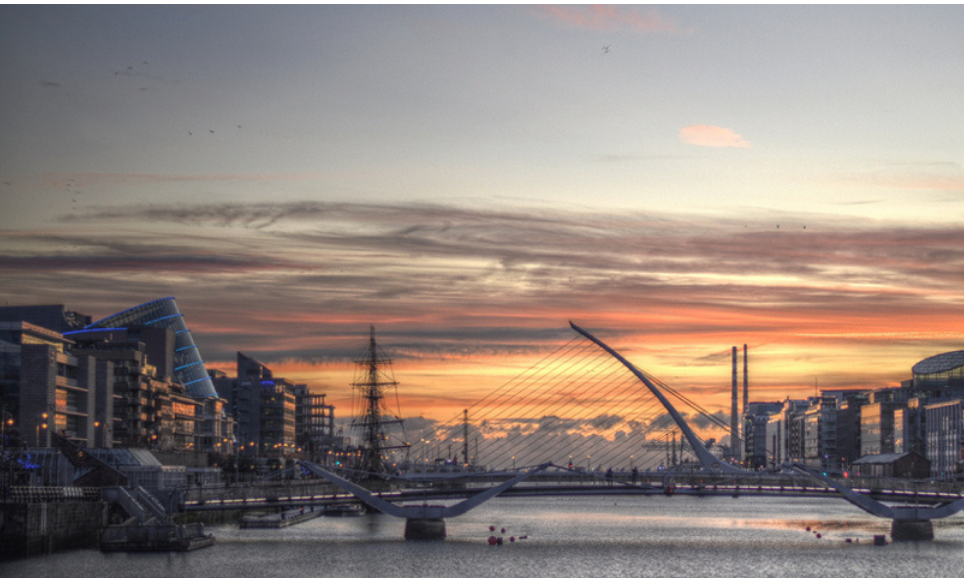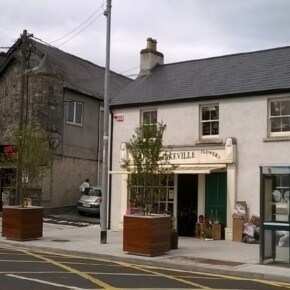Latest Dublin Economic Monitor shows initial signs of recovery
Padraig Conlon 03 Jun 2021
The latest Dublin Economic Monitor (DEM), published this morning by the four Dublin Local Authorities, shows an economy that has suffered considerably in the first five months of 2021, yet which is demonstrating initial signs of recovery.
Dublin’s IHS Markit Purchasing Managers’ Index (PMI) showed a further severe contraction in business activity in Q1 2021.
Unsurprisingly, construction was the most adversely affected sector as the ban on all construction work held sway.
Output levels in both manufacturing and private services also reduced considerably in the quarter.
New order levels shrunk across Dublin businesses, yet employment provided a sole bright spot as a minor increase in job creation was recorded in the quarter.
According to data from MasterCard, retail spending in the Capital fell by 3.9% QoQ and 4% YoY in Q1 2021.
Discretionary spending in the likes of department stores, which more than doubled with the reopening of retail units in Q3 2020, contracted by over 20% QoQ and was the main contributor to the poor start to the year.
Household Goods expenditure was the strongest performer, rising by 8.5% QoQ and 7.6% YoY.
The labour market in the Capital showed signs of recovery in Q2 2020 as the re-opening of the economy took hold.
Pandemic Unemployment Payment recipient numbers descended to just over 125,000 in May, and this downward trend will be expected to hasten as further sectors of the economy return to activity.
The latest data from Indeed shows that job postings in the Capital continued to recover in May 2021, albeit at a slower rate when compared to the rest of the country.
Dublin’s housing market was highly active at the start of 2021, with over 2,500 transactions in January alone.
This was the highest monthly total in over a decade.
Residential rents for the Capital declined for the first time in five years in Q4 2020, supporting an anecdotal shift in rental activity away from Dublin.
Commencements collapsed due to restrictions on construction which is likely to put further upward pressure on house prices which had already accelerated in the first three months of 2021.
Transport and travel continued to be disrupted across the first five months of the year. Passenger journeys via Dublin Airport and on public transport remained at low ebbs, though usage of the Capital’s road network has recovered to a large extent.
Throughput at Dublin Port is a longer term concern as a 21.5% QoQ decline in Q1 has been attributed to Brexit as trade volumes have shifted from Dublin Port to ports in Northern Ireland.
Commenting on the DEM’s findings, Andrew Webb, Chief Economist with Grant Thornton, said:
“While this quarter’s Economic Monitor obviously reflects the sharp downturn in key economic indicators brought about by the pandemic restrictions in place since the start of the year, the tone is one of growing optimism for a strong second half comeback in economic performance.
“The labour market is showing signs of a bounce back as job postings climb and pandemic supports recede. Assuming a sustained lifting of restrictions, the excess savings and pent up demand among a large cohort will start to flow through Dublin tills, providing a shot in the arm for the region’s economy.”
Interview and video footage available here: https://we.tl/t-Gr5hKb3SL8











